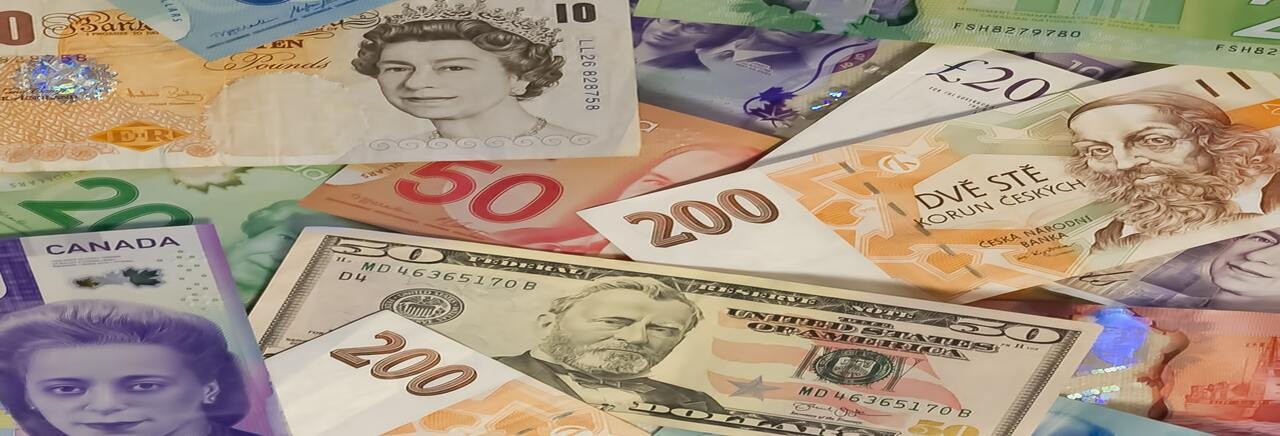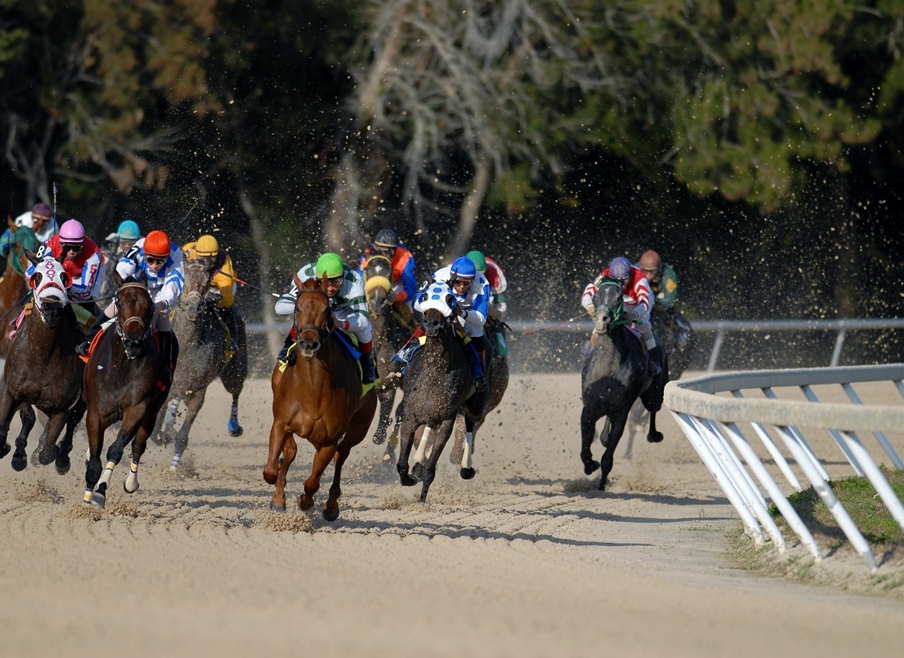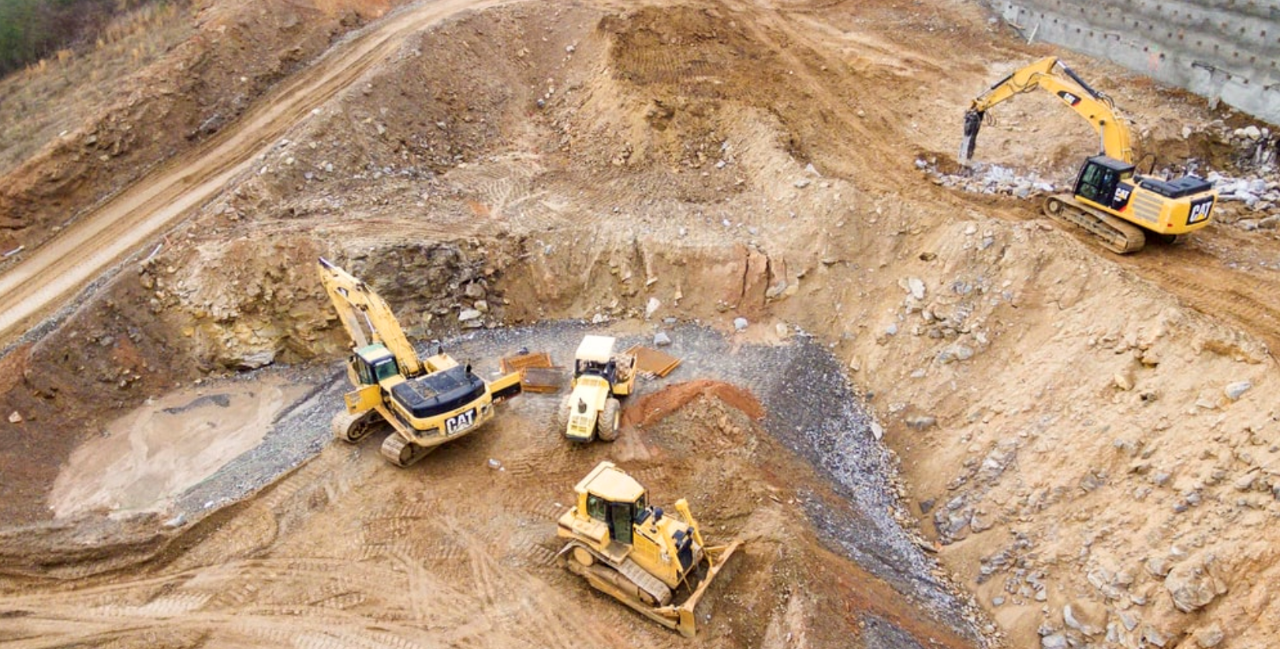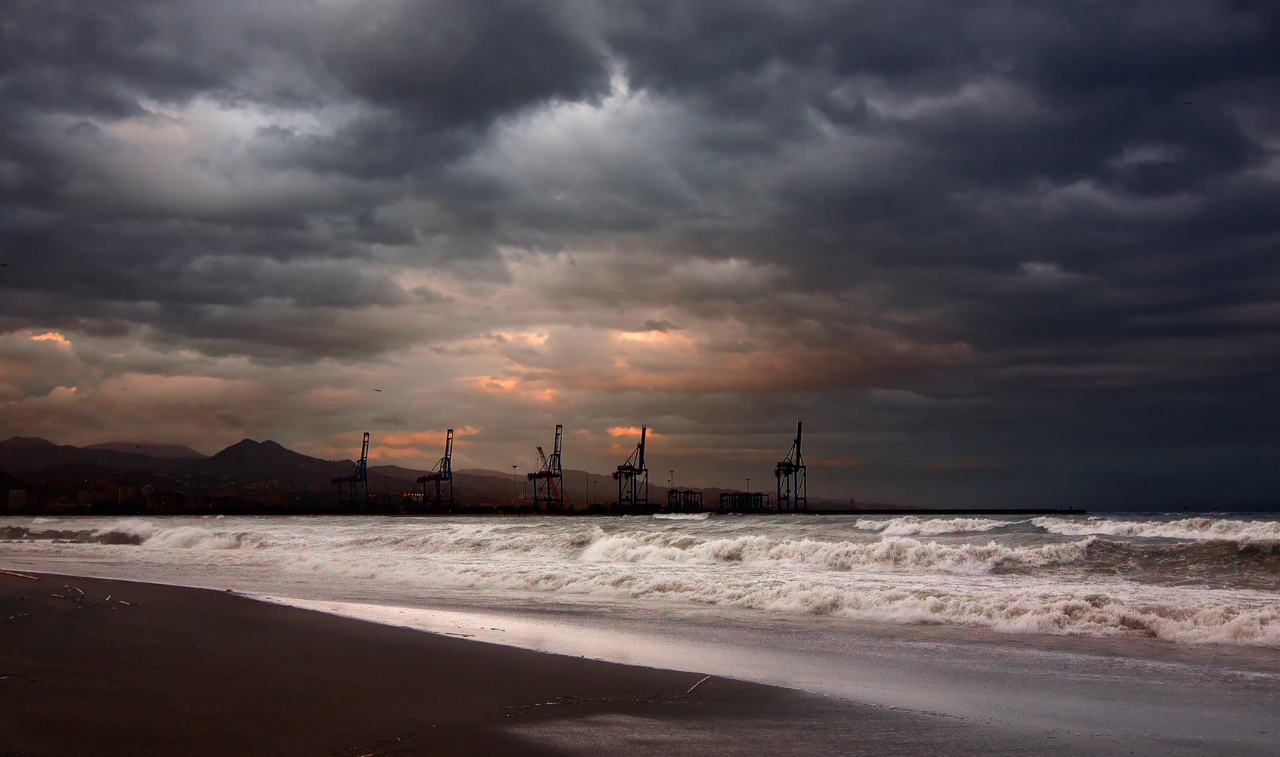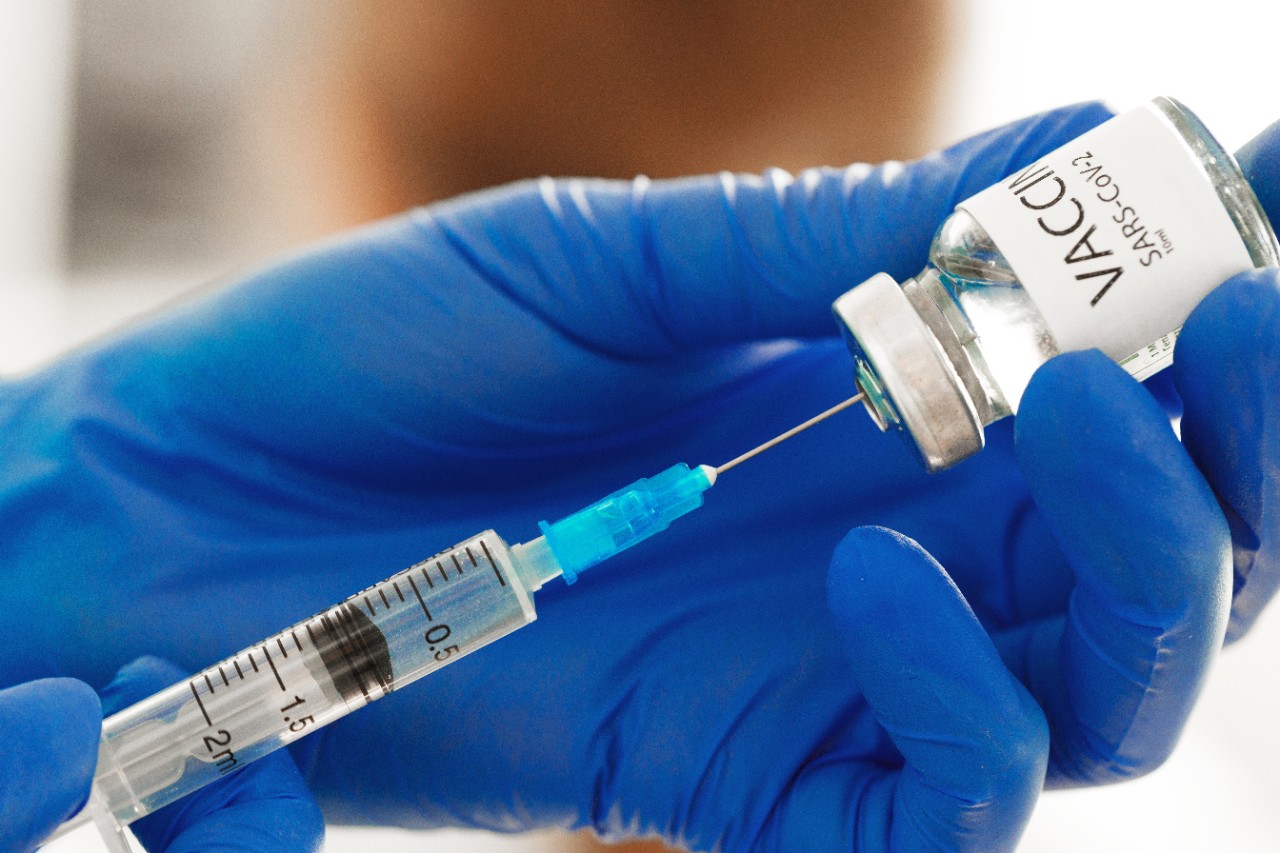Economic growth slowed down to +0.3% y/y in Q2 2019 which was, excluding Q4 2017 (-0.4% y/y), the slowest quarter since the mid-nineties. As a result, we expect annual growth to moderate to +1% this year and +0.5% next year, the slowest pace since 1994. Public demonstrations have not been the main trigger for the deceleration; the latter is rather a cause of the social discontent than a byproduct of it. The output depletion in the hydrocarbon sector is the main issue that weighs on potential growth, since output capacity was cut by years of underinvestment. The output lost -14.6% in volume terms during the last two years (and -36.2% since the 2005 peak). The country has continued to lose foreign reserves: We estimate that import cover has already fallen to 12 months currently (from 35 months in 2013) and is likely to drop further to seven months by the end of 2020, increasing liquidity pressures on the economy. The government’s weakened cash position is the main issue after all, since it finances the subsidies that have prevented a full-fledged recession so far. But the occurrence of a recession by 2021 is an increasing risk








